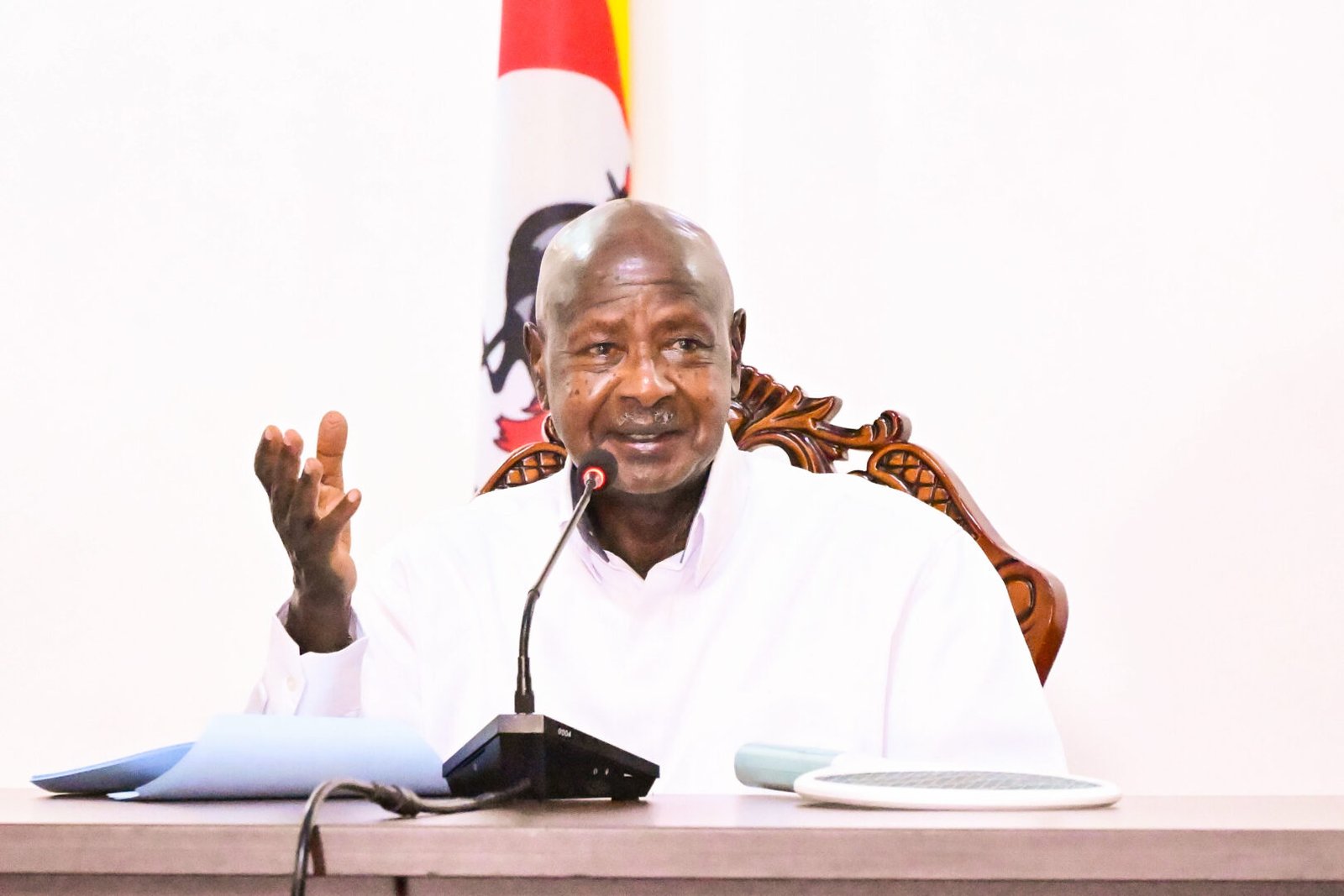KAMPALA, Uganda — President Yoweri Museveni has assented to the Uganda Peoples’ Defence Forces (Amendment) Act, 2025, a contentious piece of legislation that reintroduces the practice of trying civilians in military courts, despite a prior Supreme Court ruling that declared such a practice unconstitutional.
The announcement was made today, Monday, via Parliament’s official X (formerly Twitter) account, which posted screenshots of the signed Act.
This development follows the Bill’s passage in May, driven by lawmakers from the ruling National Resistance Movement (NRM) who utilized their parliamentary majority to ensure its approval despite widespread public and legal opposition.
The newly amended law introduces extensive changes to Uganda’s military justice system, including the establishment of a Directorate of Military Prosecutions.
The director of this new body must be a serving officer holding at least the rank of Colonel and possess qualifications equivalent to those required for appointment as a High Court judge.
The government contends that this provision aims to professionalize the military prosecution process.
Among the most debated provisions are Section 117A, which introduces a new Schedule B listing “military stores,” including items like ceremonial shoes and uniforms, as the exclusive property of the Defence Forces. Additionally, Section 83 introduces Schedule 7A, which categorizes pistols and similar weapons as restricted items under military control.
The Act also formalizes an appellate structure for military court decisions, creating a judicial hierarchy that progresses from the Unit Court Martial to the Division Court Martial, then to the General Court Martial, followed by the Court of Appeal, and ultimately, the Supreme Court.
According to Section 202C, members of the court martial are mandated to be independent and impartial, explicitly stating they are not subject to military command in the exercise of their judicial functions.
Furthermore, the chairperson of a Unit Court Martial is now required to hold a Bachelor of Laws degree and a postgraduate diploma in legal practice, a notable shift from previous, less stringent standards.
The enactment of this Act appears to be a direct legislative response to the landmark Supreme Court judgment in Attorney General v. Hon. Michael Kabaziguruka. In that ruling, the Supreme Court held that trying civilians in military courts under the previous UPDF Act was unconstitutional.
Opposition Members of Parliament and civil society organizations have vehemently denounced the new law as a legislative affront to that judicial decision. They have vowed to mount a fresh legal challenge, arguing that the government circumvented meaningful public consultation and disregarded fundamental constitutional safeguards.
Also Read: Uganda cuts military ties with Germany over envoy’s alleged ‘subversive activities’
President Museveni, however, defended the legislation while addressing residents in the Greater Luwero district.
“There was going to be a serious problem,” Museveni stated. “Some people were saying that if a soldier commits crimes such as murder, theft, or rape, they should be taken to sub-county (civilian) courts instead of court martial. Those who were involved have to repent. There was going to be a serious collision between the army, parliament, and the courts of law, but they have saved us from embarrassment.”
He further asserted that the new law would help curb the misuse of military equipment and bolster efforts to combat armed criminality.

